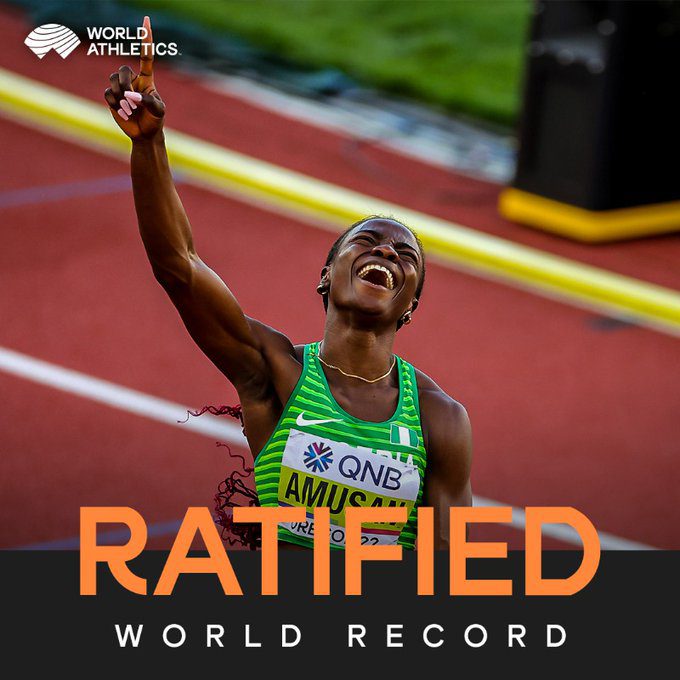The Academic Staff Union of Universities (ASUU) was mandated to resume operations by the National Industrial Court.
In a lawsuit, the Federal Government requested that ASUU be given permission to end its seven-month strike.
In order to address the issue of the current ASUU strike, the Federal Government’s Minister of Labor and Employment sent the case to the court.
In his response, Mr. J.U.K. Igwe, SAN, counsel for FG informed the court that the application for the injunction was dated September 12 and submitted on the same date.
He continued by saying that the application had been submitted in accordance with the NICN 2017 proceeding’s guidelines.
Read Also: ASUU STRIKE: Gbajabiamila will meet with ASUU, Account General, and others
Igwe said that the claim was supported by a 21-paragraph affidavit submitted under oath to Mr. Okechukwu Wampa, a legal adviser in the Ministry of Labour and Employment, together with three exhibits and Wampa’s pledge to pay damages.
Additionally, he requested that the court approve the requested prayer and then adopted the written address in its entirety, stating that the claimants had satisfied all criteria necessary for the court to award the injunction.
In regards to damages, he claimed that the claimant’s action was not apprehensive and that the seven months of lost time due to the strike could not be made up.
He urged the court to approve the injunction, citing the Trade Disputes Act of 2004’s section 18 (1) (e), which states that a worker should not go on strike while a case is already before the court.
A nine-paragraph counter-affidavit filed on September 16 and sworn to by the president of ASUU, according to Mr. Femi Falana SAN, the defendant’s attorney, was presented to the court.
He added that there were eight exhibits and a written address attached to the affidavit and that they should be used as their case against the interlocutory order.
Falana further contended that the minister lacked the authority to request that the court instruct ASUU to end its strike in the reference.
He further asserted that once a referral was in front of a court, no party may leave it.
In his defense, Falana also emphasized that the claimants had broken part 1 of the TDA 2004’s due process provisions, which stated that only an individual has the right to approach the court and that a trade union must first appear before the Industrial Abitration Panel (IAP) before approaching the court.
According to him, the union can only appeal the IAP decision to the NICN.
Falana added that although the Attorney-General was listed as a participant in the lawsuit in the letter that accompanied the referral, his name was absent from the application that was submitted to the court.
Additionally, he claimed that because the strike had lasted seven months, there was no need for the referral requesting for an expedited hearing.
He further argued that the claimants’ actions in asking the court to interpret the 2009 Agreement should be discounted and that the balance of convenience was not on their side.
Finally, he requested that the application be denied or that the court order the parties to the IAP.



















